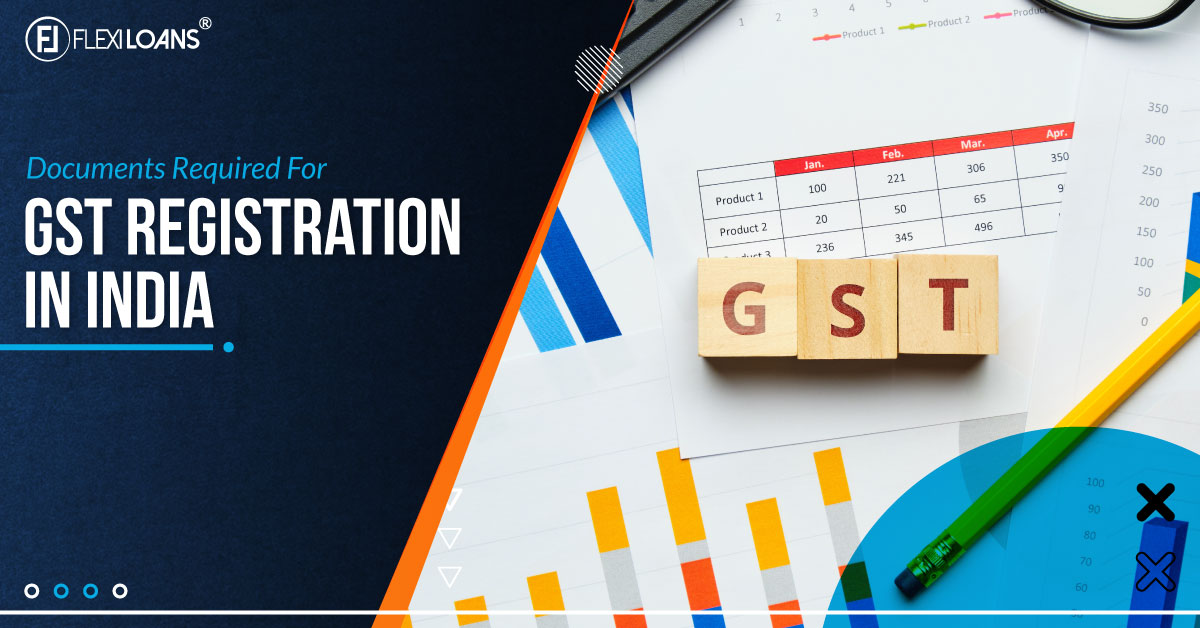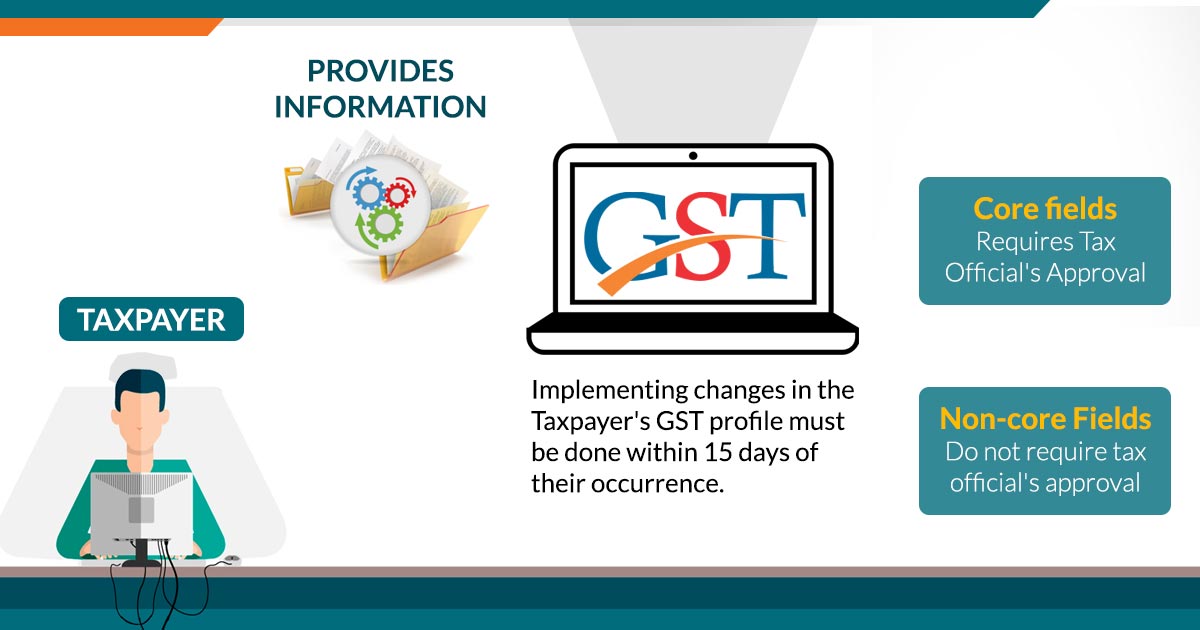Step-by-Step Process for Singapore GST Registration Explained
Step-by-Step Process for Singapore GST Registration Explained
Blog Article
The Ultimate Overview to Streamlining the GST Enrollment Refine and Demands for Small Business Owners

Understanding GST Fundamentals
To grasp the fundamentals of the Item and Solutions Tax (GST) system, local business owners must initially recognize its underlying ramifications and concepts. GST is a value-added tax obligation imposed on most items and services for residential consumption. It intends to enhance the tax process by replacing numerous indirect tax obligations enforced by the state and central governments. Under the GST regime, businesses are called for to sign up and gather tax obligation in support of the federal government, ensuring openness and compliance.
Among the crucial principles of GST is input tax obligation credit rating, which permits businesses to assert credit score for taxes paid on their acquisitions. This mechanism stops the cascading impact of tax obligations and promotes performance in the tax system. In addition, GST is a destination-based tax, indicating that the tax obligation is levied at the point of usage rather than the point of origin. This makes certain fair circulation of tax obligation earnings among states based on where the services or goods are taken in. Recognizing these basic concepts is critical for small company proprietors to navigate the intricacies of the GST system and guarantee conformity with the law.
Eligibility Requirements for Registration
Having established a foundational understanding of GST principles, local business owners need to now satisfy certain qualification standards to proceed with the enrollment procedure. In India, entities involved in the supply of items or solutions with a yearly accumulation turn over going beyond Rs. 40 lakhs (Rs. 10 lakhs for unique group states) are called for to sign up for GST. Furthermore, specific companies such as those associated with inter-state supply of items, laid-back taxable persons, and those required to pay tax under the reverse charge mechanism have to sign up for GST irrespective of their turnover. Moreover, services that were signed up under the previous tax program (VAT, solution tax obligation, etc) are likewise mandated to register under GST. Nevertheless, agricultural organizations that just supply generate out of key production are excluded from GST enrollment. It is crucial for local business owner to carefully assess their qualification based on these standards to make sure compliance with the legislation and avoid any kind of penalties for non-compliance.
Files Needed for GST Enrollment

Simplified Registration Process Actions
Following the collection and confirmation of the requisite records, the enrollment process for GST can be browsed through a series of simplified steps made to facilitate effective conformity for tiny business proprietors. Upon successful verification, an Application Recommendation her comment is here Number (ARN) is released, indicating the completion of the GST registration procedure. By following these simplified steps, little service proprietors can properly sign up for GST and make certain compliance with tax obligation guidelines.
Tips for Ensuring Conformity
To keep governing adherence and operational integrity, persistent oversight and positive procedures are crucial in ensuring conformity with GST requirements for small company proprietors. Little company owners should remain upgraded with GST policies, filing deadlines, and any type of changes in tax obligation rates to avoid penalties and maintain a good standing with tax authorities. Attending GST recognition workshops or training programs can boost understanding and compliance with GST policies, eventually benefiting the business in the lengthy run.
Verdict
To conclude, tiny service owners have to recognize the essentials of GST, satisfy the eligibility criteria, collect needed files, and follow the simplified registration procedure steps to guarantee compliance. By streamlining the GST enrollment process and needs, small organization proprietors can prevent penalties and run their organizations smoothly within the legal structure - Singapore GST Registration. It is important for local business owners to stay certified and educated with GST regulations to keep a successful organization operation
Small company owners website here seeking GST enrollment should ensure they collect and send the needed documents to complete the enrollment process efficiently. The papers required for GST registration typically consist of evidence of company enrollment or unification, PAN (Irreversible Account Number) card of the company identity, address and entity evidence of the promoters/partners/directors, photographs, address evidence of the area of organization, financial institution account declarations or canceled cheques, and authorization types. Participating in GST understanding workshops or training programs can enhance understanding and conformity with GST regulations, ultimately benefiting the organization in the lengthy run.
By simplifying the GST enrollment procedure and needs, small service owners can prevent charges and run their companies efficiently within the lawful structure. It is essential for little organization proprietors to remain compliant and educated with GST guidelines to keep an effective business operation.
Report this page